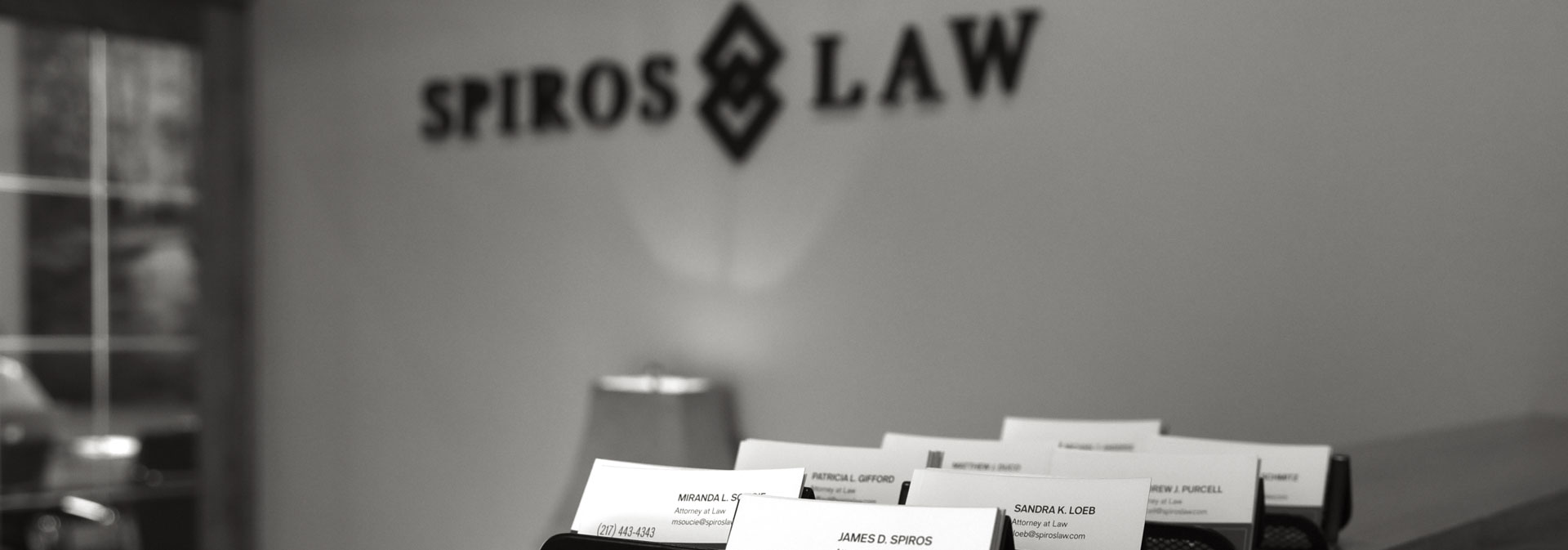BEDSORES (PRESSURE ULCERS)
When you need to put a loved one in a nursing home, you look for a facility that offers great care and individual patient attention with no history of elder abuse. However, in a 2000 study, 44% of over 2,000 residents in nursing homes reported that they had been abused, and 96% reported that they had been neglected or saw others neglected. Bedsores can be a sign of negligence at a nursing home or elder care facility. They are completely preventable, and if they develop in immobile patients, this is a sign that the patient is not being properly – and regularly – repositioned. Since 1996, we at Spiros Law, P.C. have fought for seniors who have experienced bedsores as a result of neglect or negligence. Our Charleston, IL nursing home neglect lawyers know how to recognize the signs of abuse or neglect and expose mistreatment to help victims seek justice and recover maximum compensation for their injuries.
For a free, confidential consultation, call (217) 516-3451 or fill out our online contact form. We have offices in Charleston, IL to serve you.
What Are Bedsores?
Bedsores, also called pressure sores or pressure ulcers, are painful skin lesions that form when someone goes through a prolonged period of immobility or an extended time in one position. The pressure that is put on the skin gets in the way of proper circulation. Bedsores can also be caused by bad quality mattresses, chairs, or wheelchairs. While most healthy people can move around when they’re uncomfortable, patients in nursing homes may not have the strength or health to do so, resulting in these bedsores.
Nursing Home Neglect: Factors That Contribute To Bedsores
When elderly patients can’t move around or reposition themselves while in a bed, chair, or wheelchair, they need help to ensure that there’s no continuous pressure on certain areas of the body. It’s important that nursing home professionals know which patients need assistance to prevent bedsores. If they are negligent in repositioning patients, bedsores may develop. The following are patient health issues that may factor into the development of bedsores:
- Sensory Loss: Sometimes patients can move, but they can’t feel certain parts of their bodies. Because they can’t feel the pain from prolonged pressure on these areas, they don’t know when to shift or reposition themselves.
- Bad Circulation: When you have poor blood flow, it’s easier to develop bedsores. Having diabetes or edema can also increase the chance of bedsores.
- Bad Nutrition: With a bad diet, your skin is more fragile, and this can promote the development of bedsores. Vitamins and protein help to keep residents healthy and strong.
- Moisture: Having moist skin helps bedsores form, so nursing home professionals need to keep residents dry.
- Lack of Movement: This is a primary cause of bedsores. Not being able to move or shift from an uncomfortable position puts pressure on the skin and creates these bedsores.
The Stages Of Bedsores
Bedsores are categorized in stages based on the severity of the symptoms. The National Pressure Ulcer Advisory Panel classifies these pressure ulcers in four stages. Here is a brief look at the indicators of each stage:
- Stage I: This initial stage involves itchy red skin that hurts or is warm to the touch. This kind of bedsore may heal by itself by relieving pressure on the affected area.
- Stage II: During this stage, the bedsore is discolored and an open wound. If the patient is in good health, this bedsore can be treated immediately and may heal fairly quickly.
- Stage III: This stage of bedsore is more serious because it affects both the outer layer of skin and inner layers, all the way to the muscle. Permanent damage may be done to the skin tissue.
- Stage IV: This is the most advanced stage, and the bedsore reaches the muscle, bone, tendons, and joints. This stage of bedsore is very harmful and can lead to death.
Checking for and preventing bedsores should be a top priority for nursing home staff. Lack of attention to this issue may be considered nursing home neglect. It’s important that these professionals perform bedsore assessments when residents move into nursing homes, regularly check for bedsores, and quickly treat bedsores when they’re found.
Skilled Bedsore Injury Lawyers Serving Central & Southern Illinois
If your loved one is in a nursing home and suffering from bedsores, or you believe that someone you know is suffering from any type of elder abuse or neglect, do not remain silent. Take action by reporting what you have seen and discussing your legal options with a Charleston, IL bedsore injury lawyer at Spiros Law, P.C.. Our firm has been representing victims of nursing home negligence for over 25 years, and we have over 100 years of combined knowledge and experience to apply to your case.


